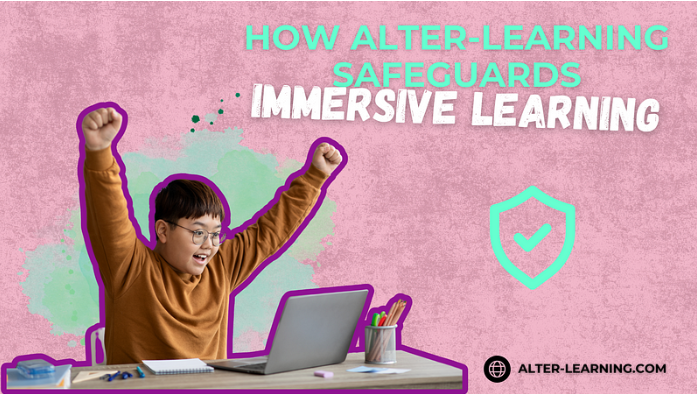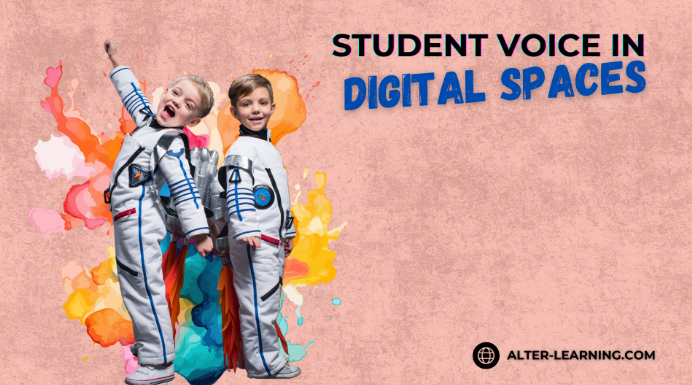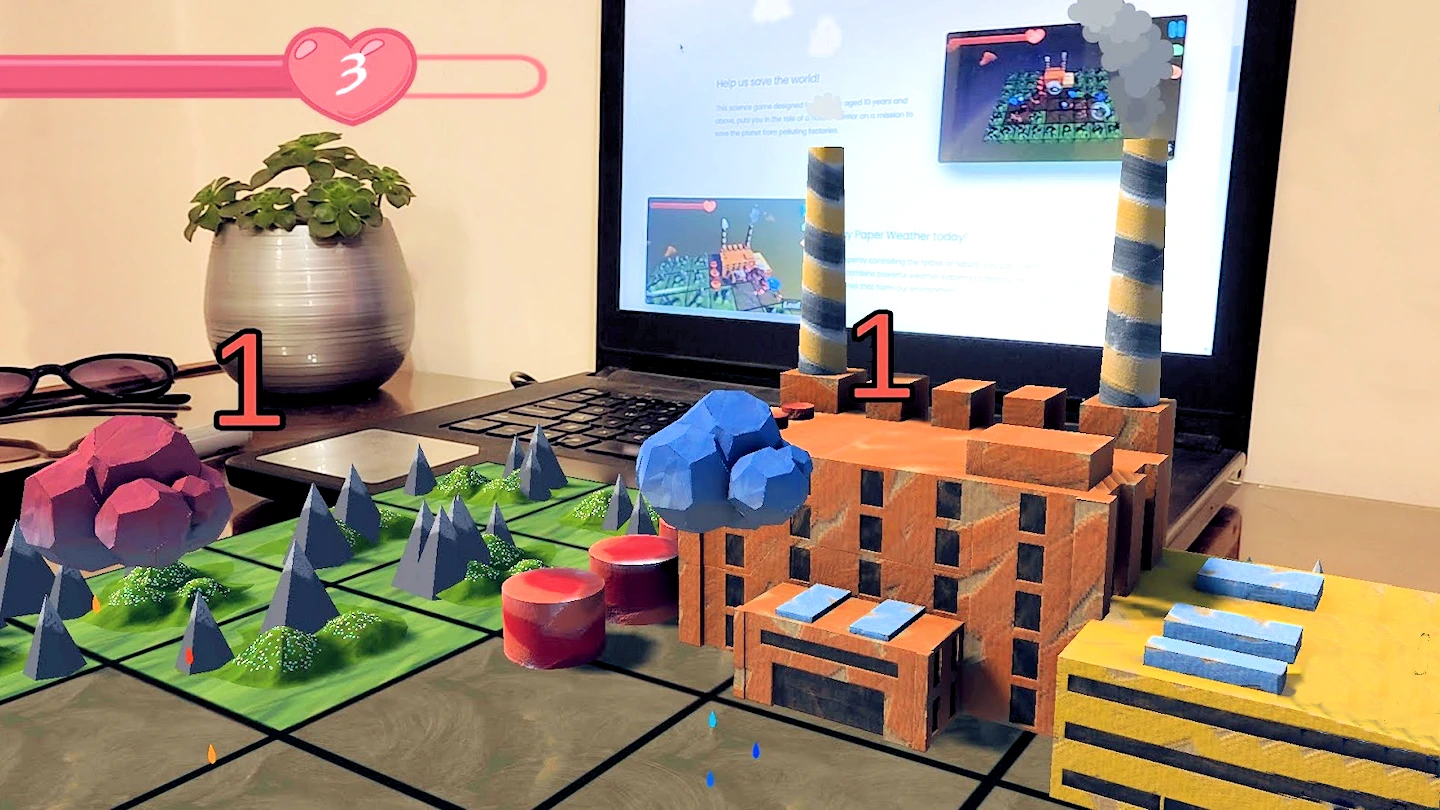By Krista Shepard
As educational technology (EdTech) continues to transform classrooms into immersive, interactive digital ecosystems, safeguarding student data privacy has become more critical than ever. Platforms like Alter-Learning are leading the charge in creating secure, ethical learning environments where students can explore, engage, and grow without compromising their data.
With VR (Virtual Reality) and AR (Augmented Reality) tools becoming more prevalent in global classrooms, educators, students, and families need to understand the risks, responsibilities, and protections tied to this powerful technology.
Why Immersive Learning Requires Extra Data Protection
VR and AR open incredible opportunities for learning — students can explore ancient civilizations, dissect virtual frogs, or create avatars that navigate futuristic simulations. But these exciting features come with new kinds of data collection, including:
- Biometric and motion data from headsets or gesture controls
- Profile information like age, name, and geographic region
- Learning behavior based on in-app choices, speech, and movement
This data powers personalized learning, but it also raises concerns about how it’s stored, who can access it, and whether it’s truly protected.
The Ethical Dilemma: Innovation vs. Privacy
With great innovation comes great responsibility. Immersive EdTech offers valuable insight into student engagement and learning patterns, but it must be balanced with ethical data use. Without transparency and security, this tech can inadvertently expose students to data misuse or privacy violations.
Alter-Learning ensures that every feature, from interactive avatars to personalized assessments, is backed by responsible data policies that prioritize digital learning safety and ethical education practices.
How Alter-Learning Prioritizes Data Security
Alter-Learning builds its platform around three essential principles: Transparency, Control, and Security.
- Transparency: Students and educators can clearly understand what data is being collected and how it’s used. Detailed privacy policies are easily accessible and age-appropriate.
- Control: Users can manage their privacy settings and control what personal information they choose to share. Teachers and parents are provided with dashboards to oversee student usage.
- Security: Data is encrypted and stored on secure servers, which are compliant with global privacy regulations like FERPA, COPPA, and GDPR. Regular audits and updates help prevent breaches or unauthorized access.
This multi-layered approach ensures that students can engage with immersive educational tools while maintaining control over their personal information.
Building Trust in the Global Classroom
Trust is foundational in digital learning. Alter-Learning’s commitment to protecting digital identity and ensuring responsible data practices strengthens student confidence. When learners know their data is safe, they’re more likely to fully participate, explore new content, and collaborate across borders.
From rural classrooms to international programs, Alter-Learning ensures equitable education access without sacrificing security, especially in a rapidly evolving world of connectivity and innovation.
Tips for Safe Digital Exploration in EdTech
Here are a few practical tips educators and students can follow, whether using Alter-Learning or any EdTech platform:
- Read the platform’s privacy policy with a teacher or parent before signing up
- Use strong, unique passwords and update them regularly.
- Avoid sharing sensitive personal information unless necessary for learning.
- Ask questions — empowered learners are informed learners.
Moving Forward: Protecting the Future of Learning
The future of education is immersive, interactive, and global — but it must also be safe, secure, and student-centered. Platforms like Alter-Learning are setting the standard for ethical data use in education, proving that innovation and privacy can coexist.
As we embrace the digital classroom, let’s champion platforms that protect student voices, identities, and futures. Every learner deserves to explore the world, confident that their data is in trusted hands.
Follow Alter-Learning for more insights into immersive education, edtech success stories, and the future of learning. Want to explore how VR/AR could transform your school or learning platform? Let’s connect.




